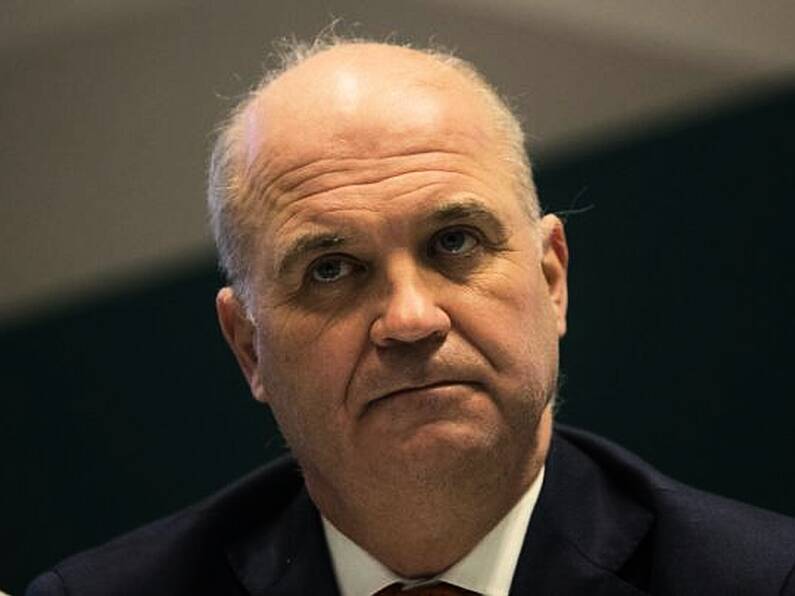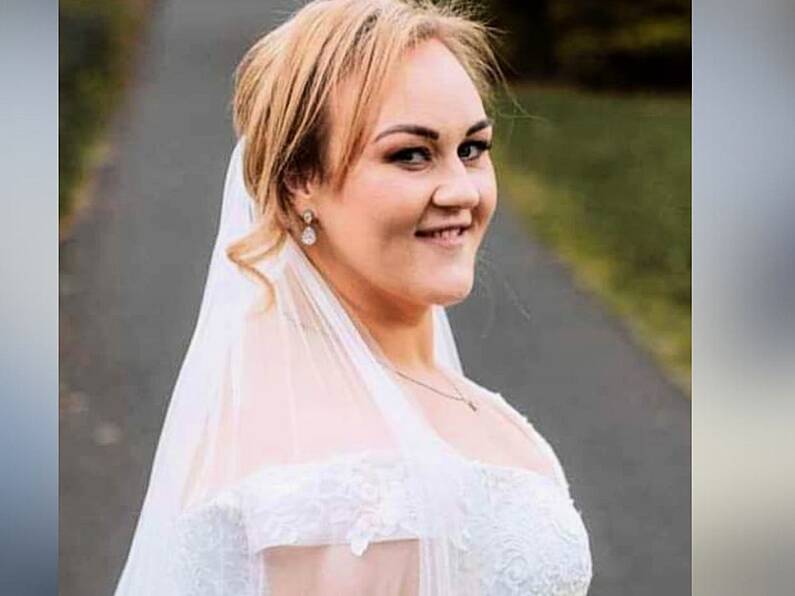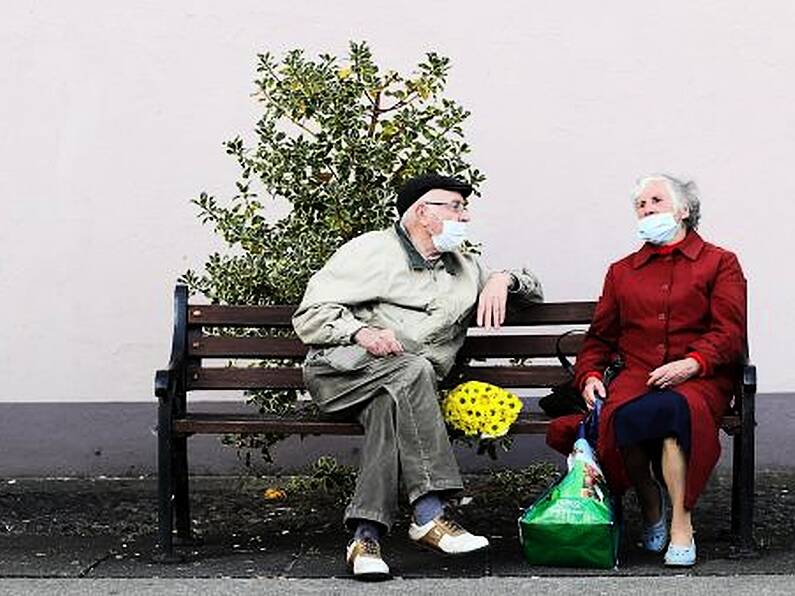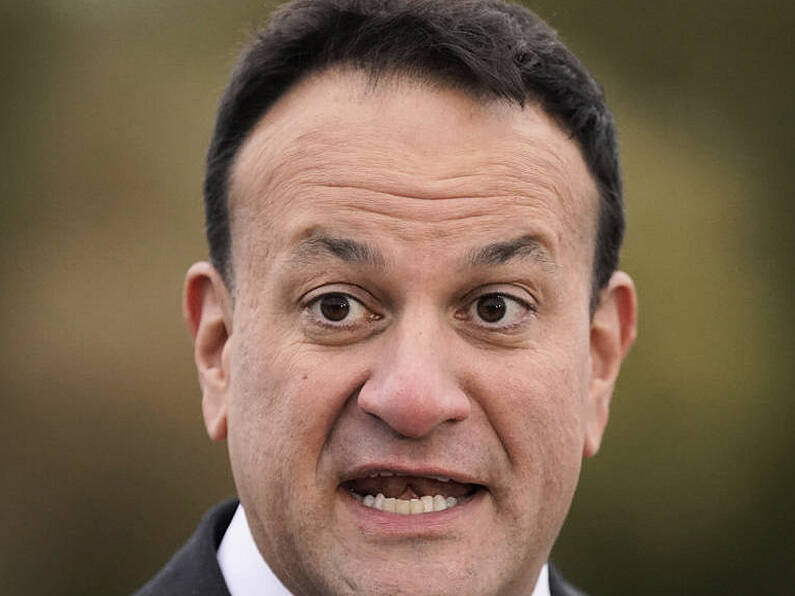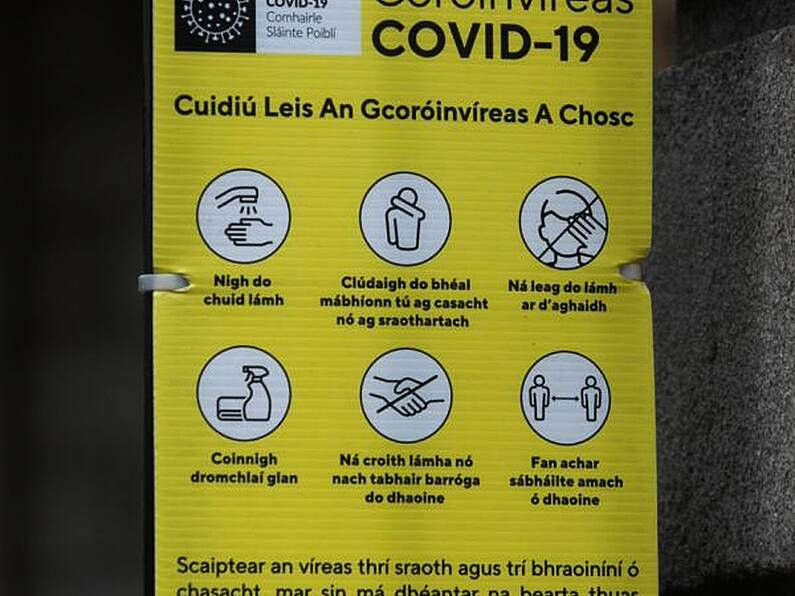James Cox
Chief medical officer Dr Tony Holohan has warned the Government that there will be up to 1,000 Covid-19 related deaths in January.
Dr Holohan described “an epidemiological situation of profound concern” in his latest letter to Government.
In the letter addressed to Minister for Health Stephen Donnelly, sent on January 14th, Dr Holohan warns of 500 to 1,000 deaths in the month of January.
There have been 539 Covid-19 related deaths so far this month.
Long-term care facilities would see a spike in mortality rates, Dr Holohan said.
“We are seeing rapidly increasing incidence in long-term care settings and vulnerable groups. The marked impact of widespread transmission is being observed in both the number and scale of new outbreaks occurring in health and social care settings, including in acute hospitals and long-term residential care facilities.
“Given the high attack rates in congregated settings once infection enters, it is likely that a number of these settings will now experience a high number of deaths. In addition to deaths associated with nursing homes and hospital outbreaks, mortality in the community is also increasing, and, it can be anticipated that there will be a large number of deaths in the coming weeks.”
Dr Holohan cited pressure on the hospital system as a big conern, adding that an “optimistic” estimation would see “650-800 people in hospital including as few as 110-120 people in ICU at the end of January 2021”.
The National Public Health Emergency Team (Nphet) also recommended stricter measures on international travel.
“Nphet expressed its continuing concern about the risks associated with international travel, whether by Irish residents or by travellers from other countries to Ireland. It continues to advise against all non-essential international travel. While noting and welcoming the requirement now being provided for in law whereby arriving passengers from all countries will be required to present evidence of a negative/not-detected RT-PCR test result, taken 72 hours prior to arrival to Ireland, the Nphet considered that further measures should be adopted.
“A pre-travel test alone is not a sufficiently robust system for the prevention of disease importation and modelling shows that even the best-performing tests will miss up to 40% of cases. The Nphet noted that in response to the emergence of variant strains, many EU countries have adopted more stringent travel policies to meet these new risks. These include combinations of pre-departure testing, quarantine requirements on arrival and post-arrival testing rules.”
An EU summit today will discuss the new Covid-19 strains detected in the UK, South Africa and Brazil and the “seriousness” of the accelerated virus spread brought on by the new mutations.
Meanwhile, the expansion of a Pfizer plant in Belgium has led to delays in deliveries of the Pfizer BioNTech coronavirus vaccine to countries.
This is likely to have an impact across Europe as the AstraZeneca vaccine isn't expected to be approved until the end of the month.
